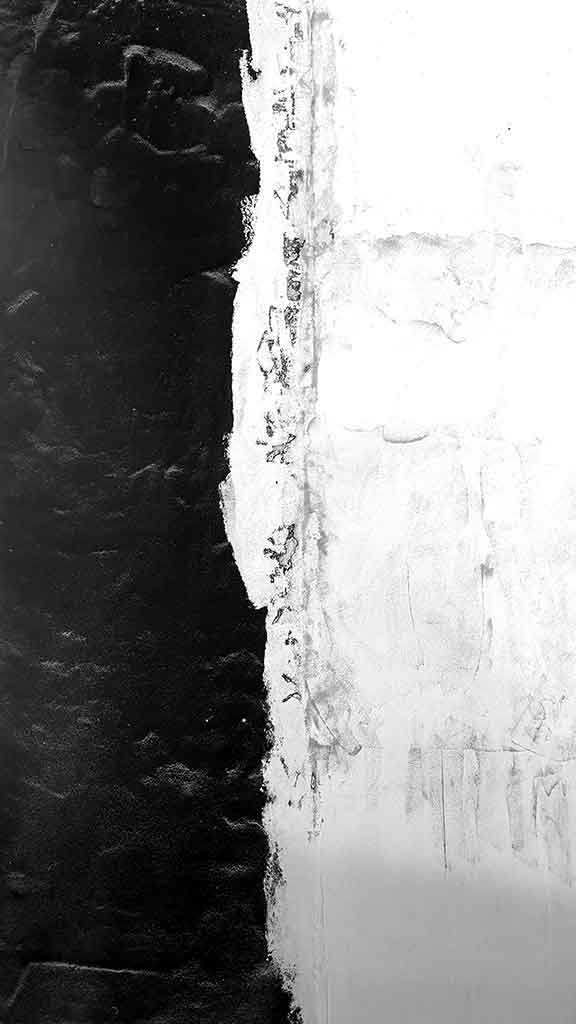
on doubt
‘the sage’
sometimes i wonder
what i am actually doing here
like how did i get this position
this role
this right
this responsibility
hey check me out
all propped up here
the supposed sage on stage
If that’s what this is
all embodied knowledge
and advice
and correct path through life
wisdom and
leadership
and all righteous exemplar
who deemed me fit for this
smart enough
honorable enough
credible enough?
or was it me that made that call
hey check me out up here
i’m the self righteous exemplar
propped up by his own insatiable ego
or perhaps more puppet
than prophet
i dare not look up
for there a dubious hand
controlling tenuous strings
attached to my marionette mouth
full of hot air
why are they even here
why do they even care
you can find all the stuff i’m saying online i’m sure
why are you sitting there
watching me
walk around and ramble on
and who am i to ask
who you are and
what you stand for
sometimes i don’t think i should be here
when i scratch around in the farthest reaches
of myself
that’s one of the things i fear
that i’ll find
lurking there
hiding
and hanging out
in some dark dingy corner
just waiting patiently
for me
like it knew i’d eventually come
firm evidence
that i have no right
to be offering anyone advice
my knowledge questionable
past unpublishable
my philosophies problematical
disputable
dismissable
i shouldn’t be on this stage
i know me
i wouldn’t follow me
i don’t think they should follow me either.
Notes:
teetering on the edge
of belief / disbelief
you are on top of your game / you have absolutely no idea
you bask in the light / you wallow in the dark
f*ck could Palmer be right you became the dark?
I
Don’t shoot the second arrow
“If you were struck by an arrow, would you react by then shooting yourself with another arrow?” No. “But our minds do this all the time”. Incessant angst generated by a narrative we pull together ourselves – about ourselves – and lock in as “truth” (Hone, 2019).
II
‘Imposter’
On doubt and intellectual phoniness – Dr. Pauline R. Clance and Dr. Suzanne A. Imes introduced this concept in the late seventies. Parker Palmer fought this and many other battles. This was one of his ways out – “If on the day I die I can say, ‘To the best of my ability – cutting myself some slack for my human flaws and fallibilities – I was faithful to my gifts, to the world’s needs as I saw them,’ then I can take my final breath with a feeling of satisfaction that I showed up on earth with what I had and offered it up to the world” (Palmer in Scolaro, 2015, p. 42).
III
Enemy / “innerme”
Larger than life mixed martial artist Kimbo Slice (Kevin Ferguson) literally fought his way off the streets into the Ultimate Fighting Championship (UFC) and then into an early grave. At some point he realised he wasn’t fighting enemies he was fighting his “innerme”. Kimbo was one of those amazing paradoxes – intimidating and violent with a high end ability to shut your lights out – but by all accounts was one of the nicest guy you could ever meet. Smart too – we all battle the innerme. He had a big heart. Too big. RIP Kimbo Slice.
IV
Number of times “me”, “myself’, “i”, and “I’m” has been typed in that piece: 28.
That is 28 points to attach that self-told narrative. And also 28 chances to let it go. Aldous Huxley always said, “the urge to transcend self-conscious selfhood is the principle appetite for the soul” (Huxley, 1954, p42). He was after the not-self for a reason. We cause our own suffering. It lies in our inability to get what we want – fear of losing what we have – and our habit of never being satisfied (Mahathera, 2019).
V
Image: Light / Dark / Renovation Work / Fish & Chip Shop / Cabarita, NSW / 22 / 05 / 2020
VI
“mediation is the great teacher” (Mahathera, 2019, p. 10).
chase thoughts with no thinker
Bibliography
1. Scolaro, N. (2015, August). Parker Palmer Is Living The Questions, Dumbo Feather (44), 25
2. Hone, J. 2019. On shooting the second arrow. Dumbo Feather. https://www.dumbofeather.com/articles/on-shooting-the-second-arrow/
3. Langford, Joe; Clance, Pauline Rose (Fall 1993). “The impostor phenomenon: recent research findings regarding dynamics, personality and family patterns and their implications for treatment” (PDF). Psychotherapy: Theory, Research, Practice, Training. 30 (3): 495–501.
4. Slice, K. Slice of Life – Legend of Kimbo Slice, South District Films.
5. Huxley, A. 1954. The Doors Of Perception. Chatto & Windus. Great Britain.
6. Mahathera, H.G. 1991. Mindfulness In Plin English. The Corporate Body of the Bhudda Educational Foundation, Taiwan.
